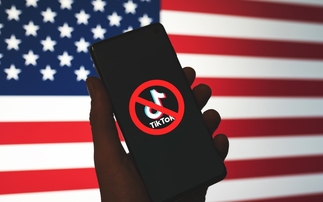Counter-terrorism laws allow officers to take mobile phone from any passenger they wish
Travellers coming to the UK via air, sea and international rail are having their mobile phone data downloaded and retained by police officers. A Telegraph report has revealed that officers are u...
To continue reading this article...
Join Computing
- Unlimited access to real-time news, analysis and opinion from the technology industry
- Receive important and breaking news in our daily newsletter
- Be the first to hear about our events and awards programmes
- Join live member only interviews with IT leaders at the ‘IT Lounge’; your chance to ask your burning tech questions and have them answered
- Access to the Computing Delta hub providing market intelligence and research
- Receive our members-only newsletter with exclusive opinion pieces from senior IT Leaders






















